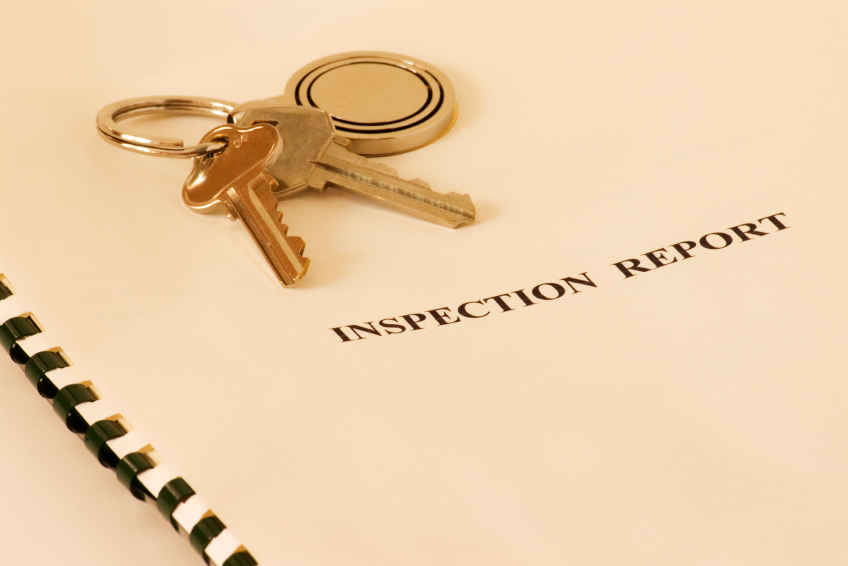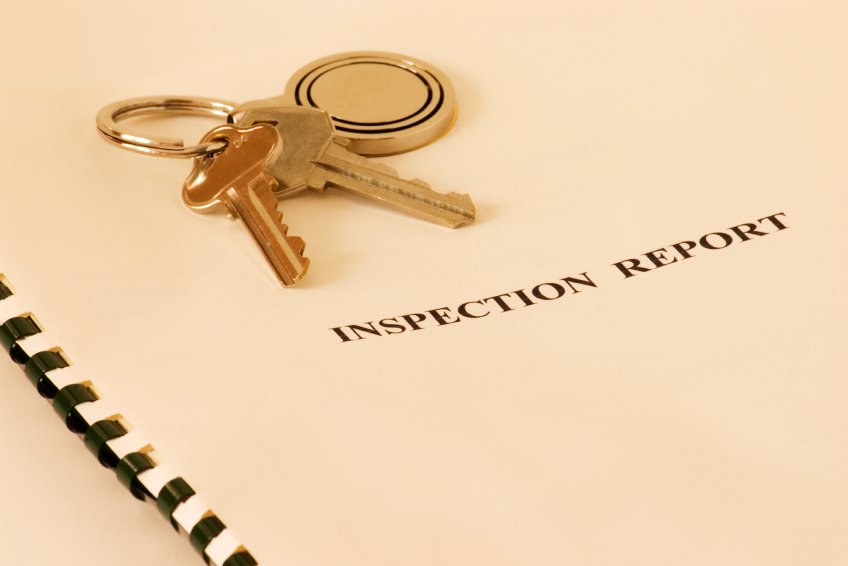Independent Inventories Should Back the Fitness for Habitation Bill, the AIIC Insists
Independent inventories and the clerks that create them should back the upcoming Homes (Fitness for Human Habitation) Bill, according to Danny Zane, the Chair of the Association of Independent Inventory Clerks (AIIC).
Independent inventory reports already cover safety and compliance throughout rental properties.
Renting, in both the social and private sectors, is not fit for purpose, the AIIC claims. It has found that too many tenants live in unsafe conditions. In total, over one million private and social tenancies (home to about 2.5 to three million people, including children) have Category 1 hazards.
According to the 2015/16 English Housing Survey, the number of properties with a Category 1 hazard under the Housing Health and Safety Rating System (HHSRS), which is defined as a “serious and immediate risk to a person’s health and safety”, included:
- 244,122 social rental homes
- 794,600 private rental homes
Zane says: “As such, as a profession, we believe this Bill is hugely important for the future of tenancies in the UK, ensuring safety and the protection of both private and social tenants. Furthermore, we believe that we have a significant contribution to make in the implementation and enforcement of this Bill as the sector moves forward.”
At present, inventory clerks function as safety and compliance officers. At the beginning of tenancies, for instance, they:
- Check that smoke and carbon monoxide detectors are installed where required, and power test them
- Look for the Gas Safety Certificate and the date of such
- Check all soft furnishings for the correct labelling
- Assure that all pull cords meet safety criteria
- Note any potential trip hazards
- Note any mould issues in the property
Zane claims: “Accordingly, it is clear that our role, while enabling landlords to protect their investments and the tenancy itself, is an essential part of the safety and compliance procedures for all aspects of tenancies.

“As such, it would seem that the obvious next step in the rented sector and tenancy legislation would be to make sure impartial inventory reports are complied and agreed with by all parties at the start of the tenancy, and ideally are made mandatory.”
In the meantime, Zane believes that, at the very least, agents must be made to state who has compiled their reports, and be transparent about their relationship with the organisation or person, and/or the property itself.
Unfortunately, the upcoming introduction of the letting agent fee ban has left tenants vulnerable to partial reports that would not stand up in disputes, as the AIIC is now seeing agents making money through seemingly independent inventory companies that are, in reality, not independent and, instead, serve to boost the income of the agent.
Moreover, there is further discussion to be had around transparency aiding tenants’ knowledge of their rights, so that they are aware that inventory reports can be carried out by independent clerks where they may have been organised and carried out by the agent or landlord themselves, and can therefore be far from impartial and legitimate.
As an organisation, the AIIC serves the largest letting agencies in the UK, and therefore believes that it has a powerful role to play in this aspect of housing policy.
If you do not use an independent inventory clerk, then follow our comprehensive guide to compiling reports: https://www.landlordnews.co.uk/guides/a-landlords-guide-to-inventories-and-avoiding-disputes/








